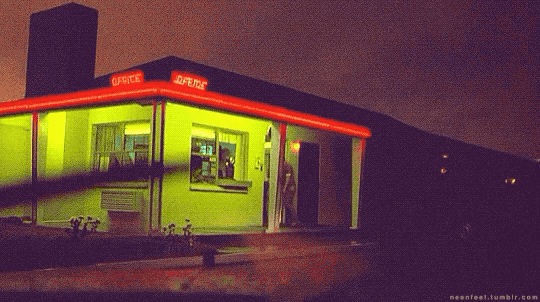#Wenders
Explore tagged Tumblr posts
Text

Here's the Angel, back. Because I keep asking him:
How can I dream? How can I create, how can I live? Is it even mine, this life, these things I own? This safe bed. The door nobody blows down.
When young, I was the outspoken, never giving up kind, so determined.
Now I've learned I am an invisible, infinitesimal presence, shaken in every certainty. I imagine sitting by the Angel, in my confusion and guilt, and asking:
Is this defeat?
Should I take up the invisible wings? But that would be dreaming. Dreaming?
In such a world.
Especially in such a world.

11 notes
·
View notes
Text

Koji Yakusho dans "Perfect Days" de Wim Wenders, janvier 2023.
2 notes
·
View notes
Text
"Non essere inospitale con chi non conosci, potrebbe essere un angelo travestito."
Tanti auguri a tutti gli angeli, le angele, le angeliche e i nonni festeggiati oggi, con questi fotogrammi tratti da “Il cielo sopra Berlino” (1987) e da “Così lontano, così vicino” (1993), due film eterei, terreni e serafici diretti da Wim Wenders.




0 notes
Text
Cinema: Anselm di W. Wenders by S. Frera
Sabato mattina all’Anteo Palazzo del Cinema di Milano è stato proiettato il film documentario di Wim Wenders dal titolo Anselm. Il film racconta la vita e l’arte di Anselm Kiefer, oggi uno dei massimi artisti tedeschi viventi. La lavorazione del film, ci è stato detto, ha comportato tre anni di incontri e riprese, coprendo, oltre che i principali dati biografici dell’artista, i suoi luoghi di…

View On WordPress
0 notes
Text
youtube
the saturday night kid, a. edward sutherland 1929
#the saturday night kid#a. edward sutherland#1929#jean harlow#clara bow#jean arthur#allan ginsberg#beat#wenders#schlöndorff#modern times
1 note
·
View note
Photo
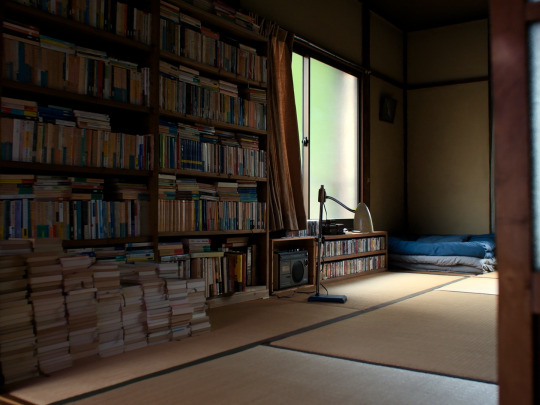

perfect days (2023) dir. wim wenders
10K notes
·
View notes
Text

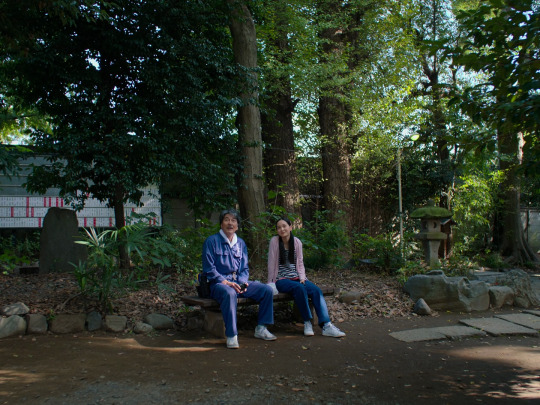

Perfect Days (2023)
10K notes
·
View notes
Text
“Every film is political. Most political of all are those that pretend not to be: 'entertainment' movies. They are the most political films there are because they dismiss the possibility of change. In every frame they tell you everything's fine the way it is. They are a continual advertisement for things as they are.” — Wim Wenders
11K notes
·
View notes
Text

Lounge painting, Gila Bend, Arizona, 1983
Wim Wenders
1K notes
·
View notes
Text
Forse nessun luogo meglio di Potsdamer Platz può essere ritenuto sintesi ed espressione dei travagli che nel XX secolo hanno interessato e caratterizzato la storia di Berlino e della Germania, ma anche dell'Europa. La piazza ha dovuto cambiare radicalmente e più volte funzione e assetto: da fulcro vitale del vecchio continente nei primi decenni del secolo scorso ad area semideserta e spoglia nel dopoguerra, ripartita tra le forze alleate e, dal 1960, attraversata dal Muro e relegata nella tristemente nota "striscia della morte". Al link sottostante una sua breve sintesi storica, dagli anni ruggenti, attraverso quelli della guerra fredda, fino alla rinascita post-Muro. E i ricordi struggenti di Homer, l'anziano poeta che ne "Il cielo sopra Berlino" vi torna con l'angelo Cassiel, ma non la riconosce.
0 notes
Text



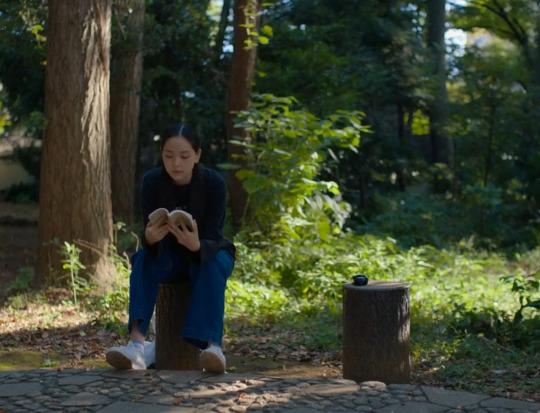


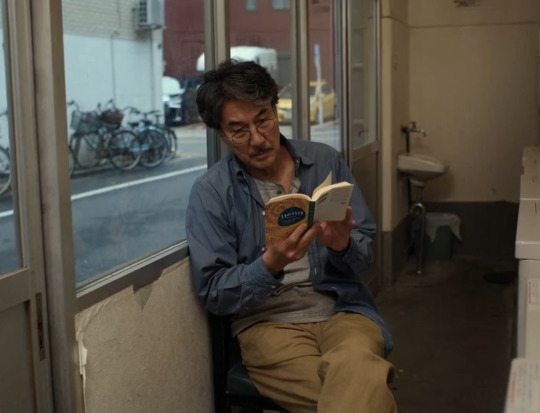
Reading in Perfect Days (2023), directed by Wim Wenders
Cinematography by Franz Lustig
3K notes
·
View notes
Text

Tokio Emoto, Koji Yakusho et Aoi Yamada dans "Perfect Days" de Wim Wenders, janvier 2023.
3 notes
·
View notes
Text

Wim Wenders on the set of Wings of Desire
2K notes
·
View notes
Text

Wim Wenders. Harry Dean Stanton, 1984, New York
711 notes
·
View notes





